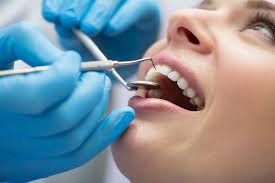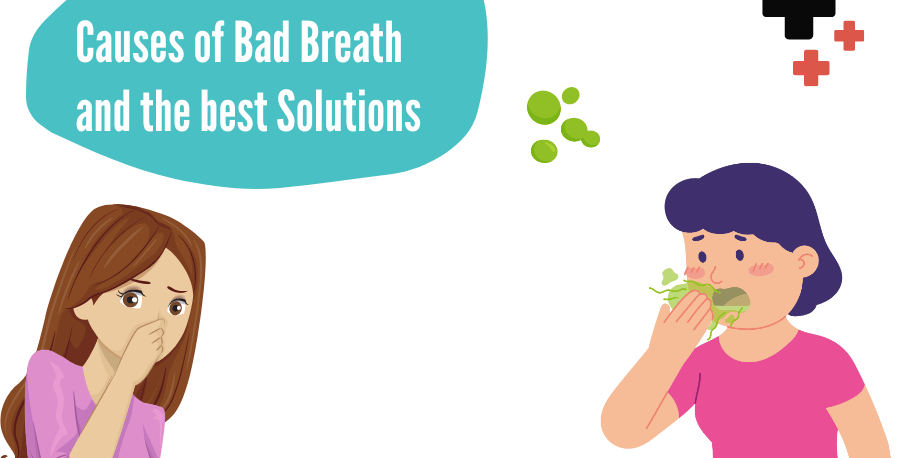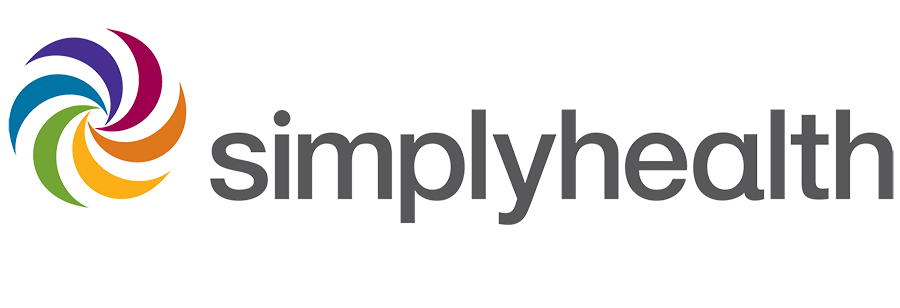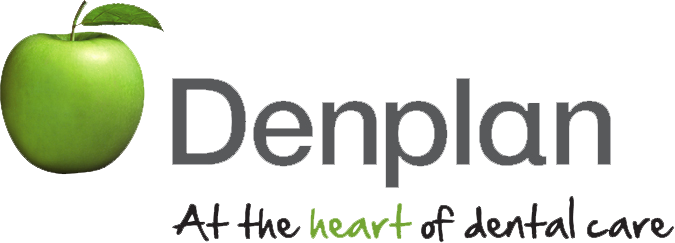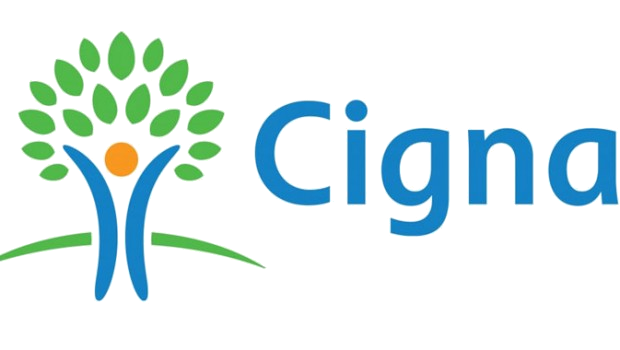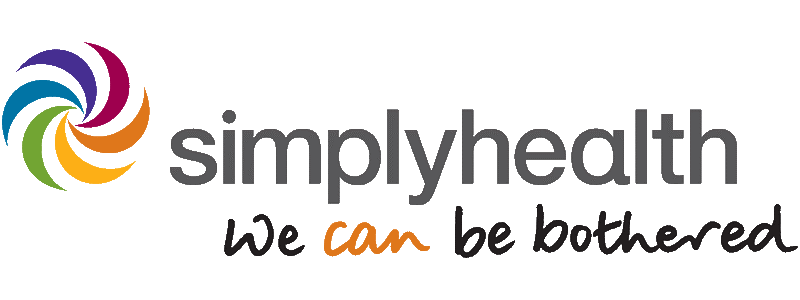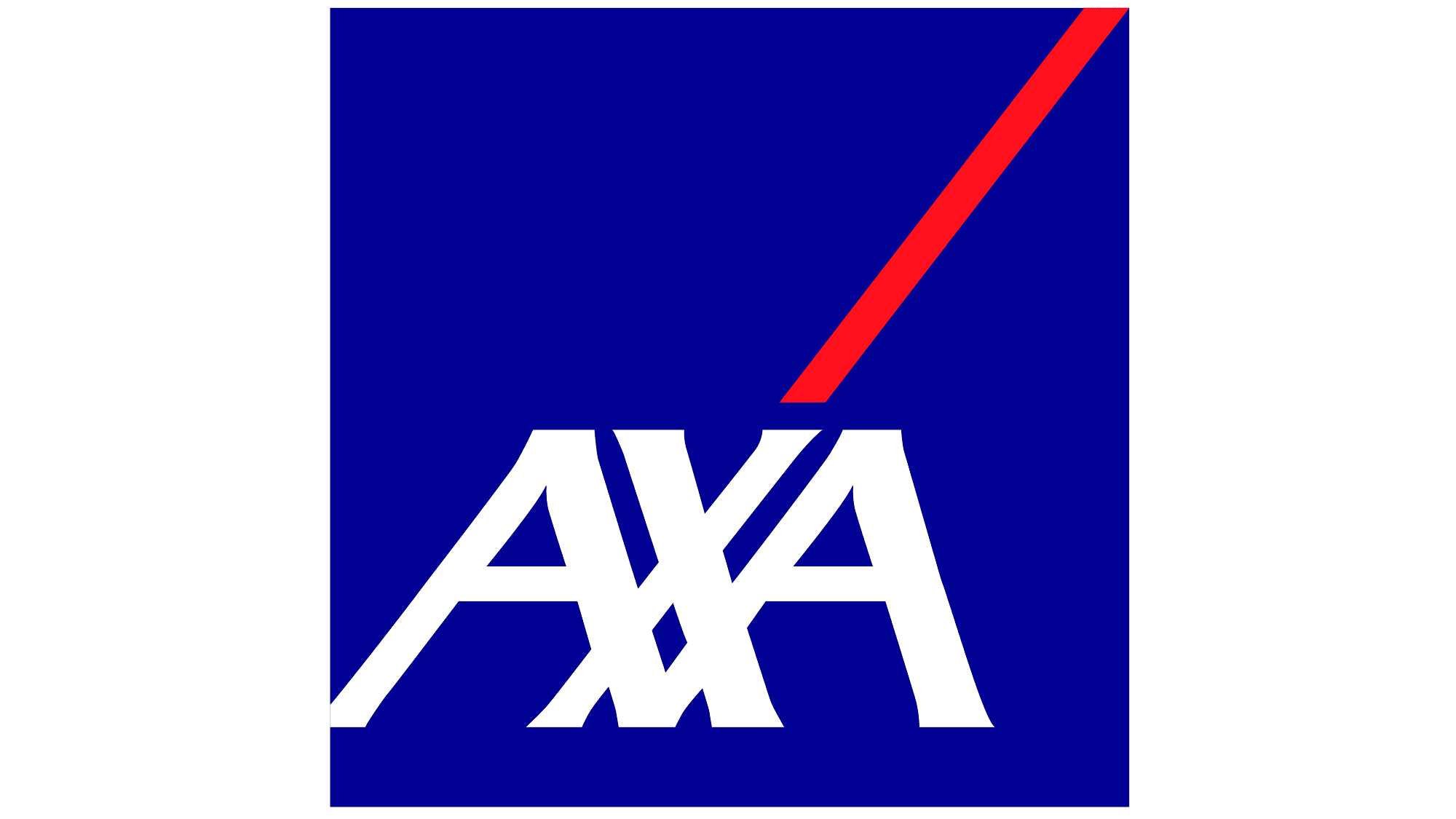Regular dental check-ups play a crucial role in maintaining oral health and can be instrumental in spotting oral cancer early. Dentists are trained to examine the mouth for signs of abnormalities, including potential indicators of oral cancer. Through routine dental visits, your dentist can detect unusual growths, lesions, or other abnormalities that may be early signs of oral cancer.
Oral cancer can affect various areas of the mouth, including the lips, tongue, cheeks, and throat. Early detection is key to successful treatment, and dentists are often the first line of defense in identifying potential issues. During a dental examination, your dentist will carefully inspect the oral cavity, looking for any unusual changes in tissue color, texture, or structure.
Furthermore, dentists may use additional tools, such as X-rays or advanced imaging technology, to get a comprehensive view of the oral region. This aids in identifying any hidden abnormalities that may not be visible during a regular visual examination. Early detection allows for timely intervention, significantly improving the chances of successful treatment and recovery.
Additionally, dentists are trained to inquire about and assess risk factors associated with oral cancer. These may include tobacco use, excessive alcohol consumption, a history of oral cancer in the family, or exposure to certain viruses. By discussing these factors during a dental visit, your dentist can better understand your individual risk profile and tailor their examination accordingly.
In conclusion, regular dental check-ups are not only essential for maintaining good oral hygiene but also for the early detection of potential oral cancer. By partnering with your dentist in proactive oral health management, you contribute to your overall well-being and increase the likelihood of successfully addressing any emerging issues swiftly. Remember, prevention and early detection are powerful tools in the fight against oral cancer.

